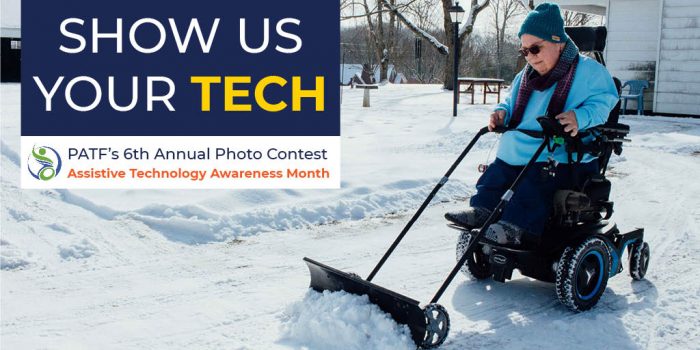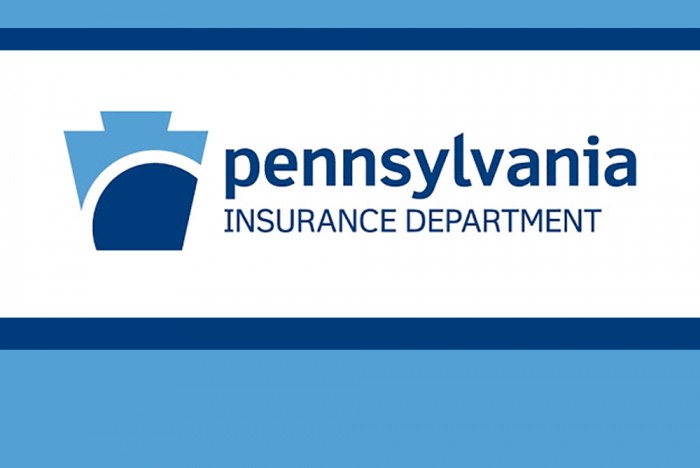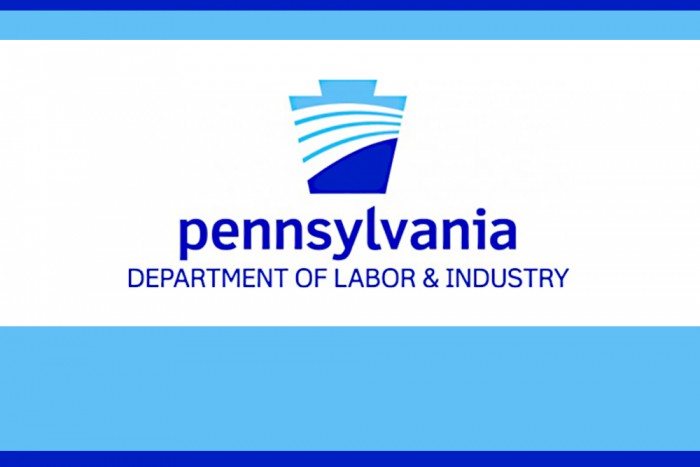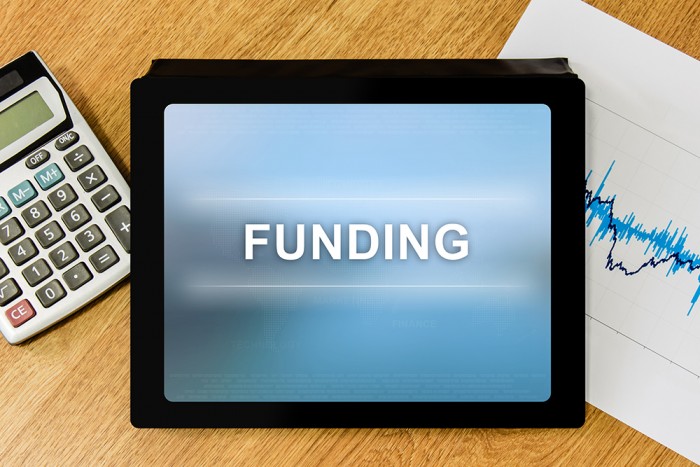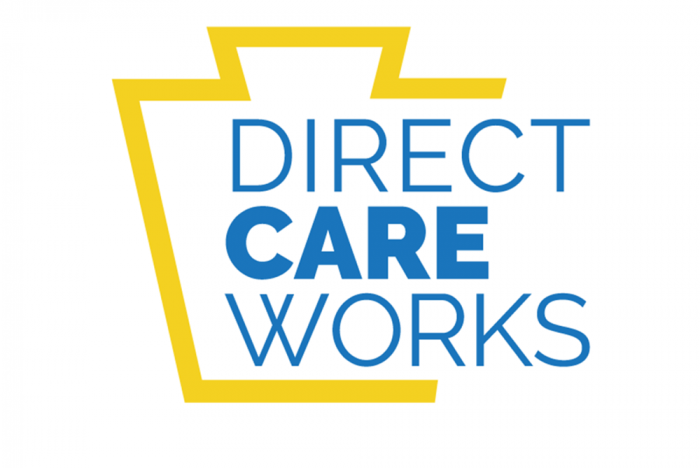November is Assistive Technology Awareness Month in Pennsylvania. To celebrate, the Pennsylvania Assistive Technology Foundation is hosting its sixth annual photo contest. They want you to Show Us Your Tech for a chance to win $500! Assistive technology doesn’t have to be complex or expensive to make a difference in your life.
Do you have a disability or health condition?
Then you’re most likely using assistive technology! It could be:
- An Amazon Echo to control the lights, fan, and TV independently;
- A piece of farm equipment to continue to do the work you love;
- A hearing aid to spend quality time with your grandchildren; or
- A grab bar next to the pantry to steady yourself while picking out ingredients for dinner.
This contest is open to US residents of all ages.
What kind of assistive technology are you using to do the things you want to do?
Upload a photo of YOU using your assistive technology and write about it in the caption. Get your friends to vote for your photo for a chance to win up to $500!
Entries and voting are open from November 1 through November 30. Winners will be announced on December 4 by 12 pm.
Learn more about the contest here. To spread word about the contest to other communities, use the media toolkit.








